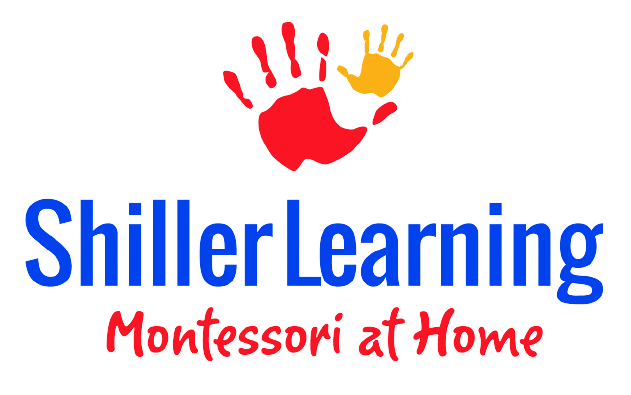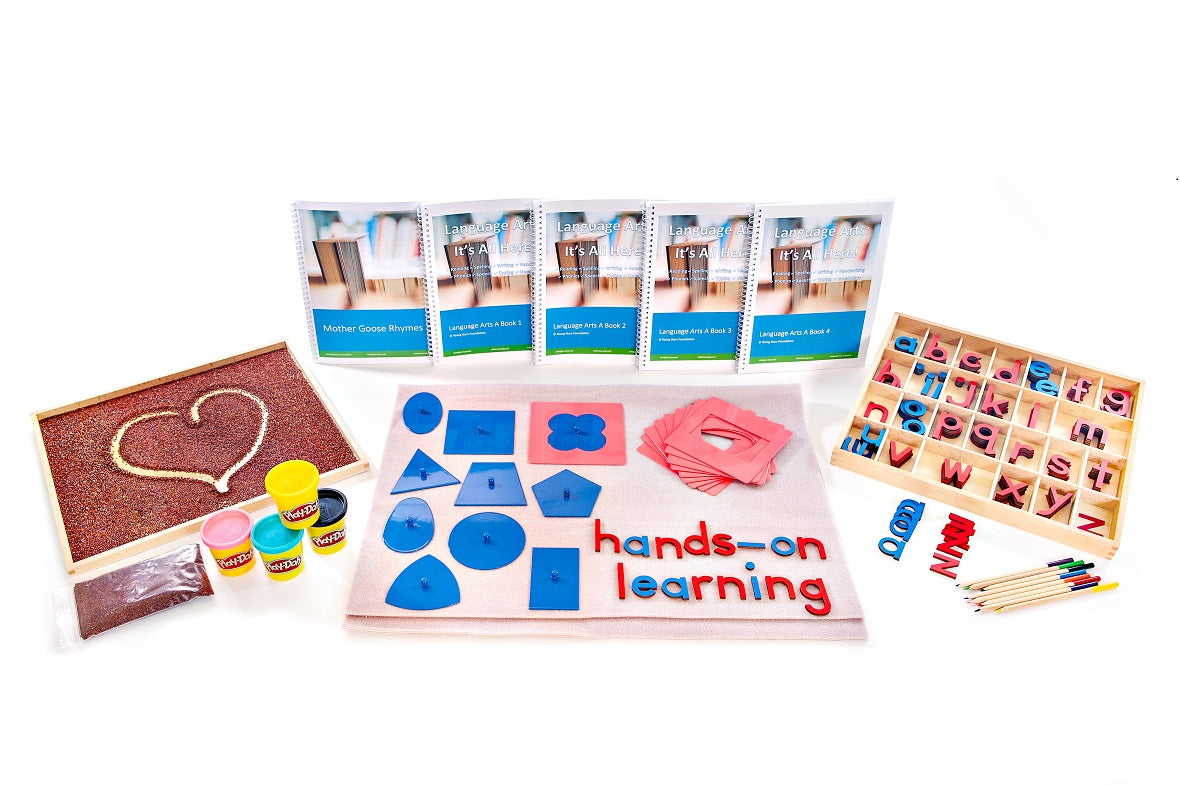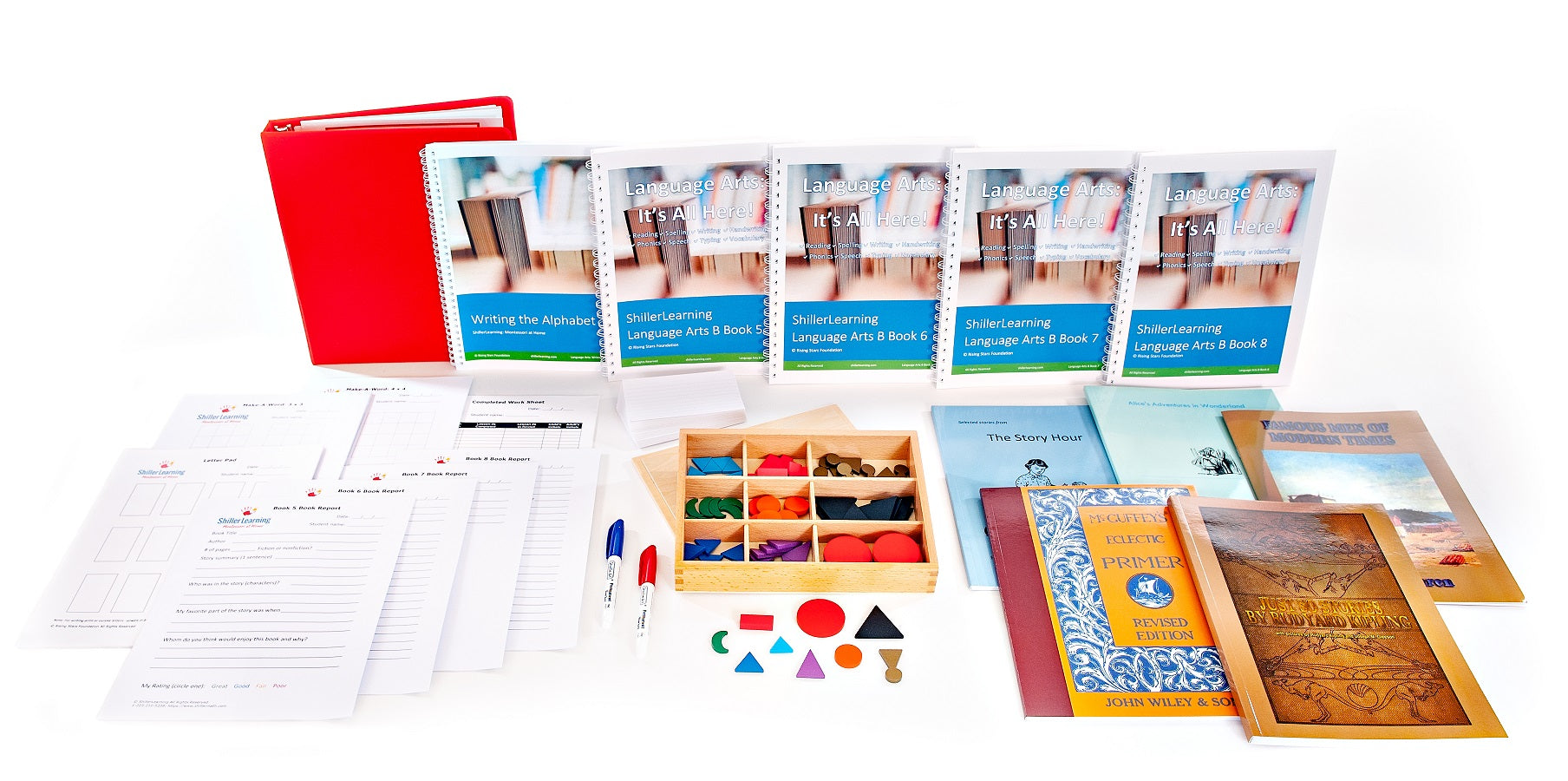The ShillerLearning philosophy says that every mistake is a learning opportunity; it encourages discussion and improves understanding of concepts and processes. This is true for all education topics, whether homeschool math or language arts, and life in general. The language used by home educators in identifying and correcting mistakes has a huge impact on how well or poorly children will learn from mistakes, avoid repeating them in the future, and even whether or not they develop a growth mindset.
"In a growth mindset, challenges are exciting rather than threatening. So rather than thinking, oh, I'm going to reveal my weaknesses, you say, wow, here's a chance to grow."
- Carol S. Dweck
Do you have a homeschooler that could benefit from that outlook? Are you getting excited about your child's next mistake? Mistakes will occur early and often. Parents with children that reach their full potential have a clear strategy for dealing with the situation.
Education expert Larry Shiller and the homeschool team at ShillerLearning suggest the following approach when a mistake is made:
1. Mistakes are opportunities to identify holes in the child's knowledge or approach.
ShillerLearning recommends employing the Socratic Method of questioning to help the child discover his or her own error. Once the hole is known it is usually easy to "fill." Be sure the reasons for the mistake are well understood before moving on: "This card says three thousands and you have two thousands. How many more thousands do you need to have three thousands? That's right: one more thousand. You may get another thousand."
If you child doesn't answer your question correctly, you have spotted an opportunity to better understand his or her thought process and why the mistake is being made.
2. Focus on the process, not the person.
When they mess up, children (like adults) don't like to hear that they are a lesser person for it (because they're not). Blaming a child for a mistake can discourage the child from wanting to try anything other than what they excel at with very little effort or thought.
Instead focus on the process. Try using phrases like, "Does that seem right?" "I might've come up with a different answer; walk me through your steps to solve this problem." "I would've got that answer wrong too! Let's see how we can get to the correct answer and understand why it's correct." Or: "Maybe there's a different approach; let's start from the beginning." Children often spot and self-correct mistakes while explaining their process. If not, you will be able to spot the learning opportunity of the mistake in their process.
3. Go back to basics.
Revisit the Montessori Three Period Lesson of "This is, Show me, What is," which as explained in the ShillerLearning Educator Guide in the beginning of your lesson books. Yes, it is short, but don't be tempted to skip the Educator Guide! Those few pages include best practices to help you and your child get the most out of your homeschool math or language arts experience. The ShillerLearning YouTube channel also has a short video with Larry Shiller talking about the 3 Period Lesson.
4. Use the other learning styles.
New knowledge is best learned when it is concrete, explored with all learning styles (visual, tactile, auditory, and kinesthetic), before they are asked to work with it in the abstract. It is almost always a big hit to put the audio CD (or mp3s) on and sing and dance along. The manipulative index can be used to find an activity that uses a favorite manipulative. (You can also use the Find feature in a lesson book pdf file to do this.) If an activity is not your child's dominant learning style, don't worry, that learning style will be incorporated in another lesson. You can use your concept index to see the list of lessons that teaches a particular concept. You may find that your child likes to repeat activities (over and over) that use their dominant learning style. That's okay. Resist the urge to interrupt a focused and concentrated child.
By using all four learning styles to teach every concept, in the strategic manner used in a Montessori-based approach, your child will see and understand the concept before being asked to work with it abstractly. That experiential learning helps to prevent mistakes from happening in the first place and to provide a no-pressure way to self-correct when they do happen.
5. Be creative. Feel free to extend the activity or game in the lesson - or make up games as you go along should the urge strike. Give your child free time to explore materials after use with a scripted lesson. Kids can come up with amazing off-label uses for materials and discover new concepts with imagination, creativity, and curiosity.
The ShillerLearning homeschool blog, ShillerLearning.com customer downloads, and ShillerLearning social media accounts (Facebook, Twitter, Pinterest, Instagram, YouTube) open a whole new world of support and ideas to make learning multisensory and fun.
6. Keep a sense of humor. When a child associates math with laughter and warm feelings, it's bound to be a good and lasting one. Laugh together. Laugh at your own mistakes and verbalize your learning opportunities . Acknowledge limitations with a wink and a smile. Keep a sense of humor and positive attitude while you cultivate your own growth mindset and your child will likely model your behavior.
All this discussion of mistakes - what about when the child does something correctly? PRAISE. We will explore praise more in another blog post. In the meantime, don't miss out on treating a mistake as an opportunity. Keep in mind that these tips work for all areas of home learning as well as life, not just homeschool math and language arts.
Let us know how they work for you!






